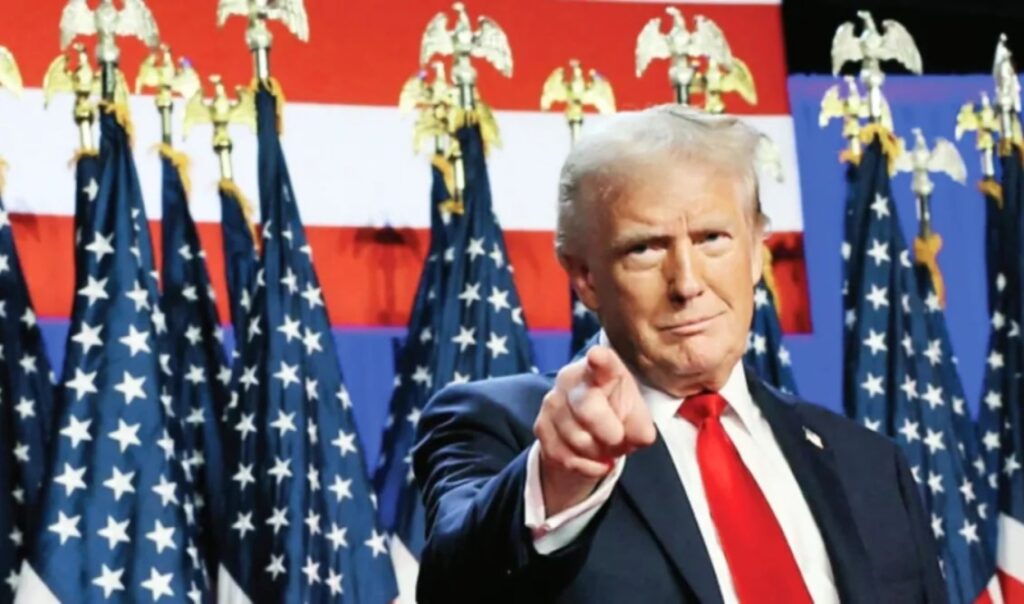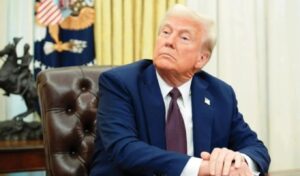“The tariffs will start on August 1st. There is no change to the date and there will be none,” clarified Donald Trump in his related post about trade agreements on his Truth Social network. The US President decided to delay the implementation of “reciprocal tariffs” until August 1st, following interventions from top advisors who asked him to provide additional time to close deals with major trading partners, such as the European Union and India. The “reciprocal tariffs” target countries that, according to the White House, unfairly treat American exports. The new tariffs far exceed the global baseline rate of 10% that has already been imposed on almost all imports. Products subject to special tariff arrangements, such as copper and aluminum, are excluded.
Read: EU: Possible tariff agreement with US within the coming days
Tariffs: Trump’s deadline extension
The previous deadline for activating the new tariffs expired on July 10th, but Trump chose to postpone it for three weeks. At the same time, he sent personal letters to a series of countries, informing them about the tariffs they will face if no agreement is reached by then.
According to information from Politico and the Wall Street Journal, Trump spent the weekend before the announcement in consultations with advisors and allies at his golf club in Bedminster, New Jersey, examining whether he should proceed immediately or give a new ultimatum with an exact date.
As his advisors note, the president initially leaned toward letting the tariffs take effect, but changed his stance after assurances from Bessent that they are close to agreements and that a little extra time is needed.
The delay was accompanied by the dispatch of at least 15 to 20 new letters to state governments, according to Commerce Secretary Howard Lutnick. He told CNBC that these letters function as a pressure tool to secure last-minute concessions.
Trump clarified that the final date remains immovable. In a cabinet meeting, he maintained that “a letter means agreement,” and that negotiations continue.




